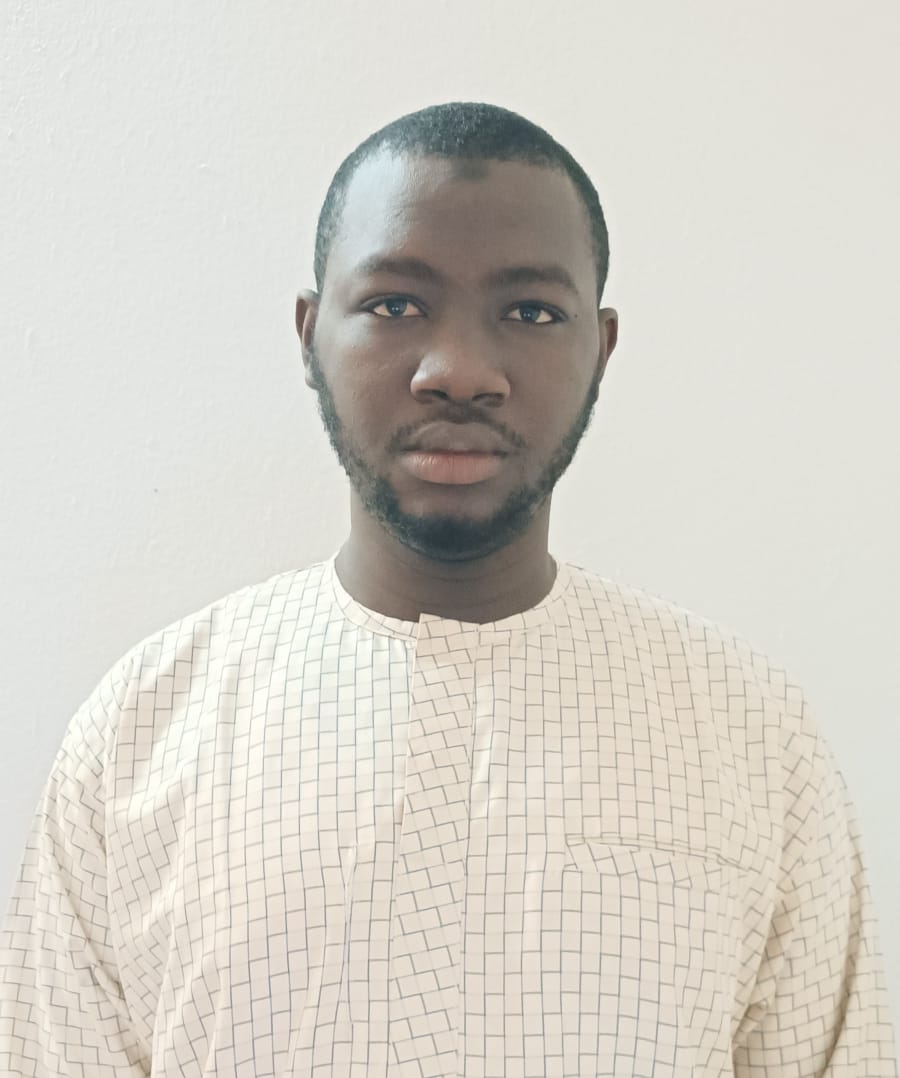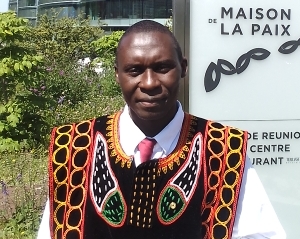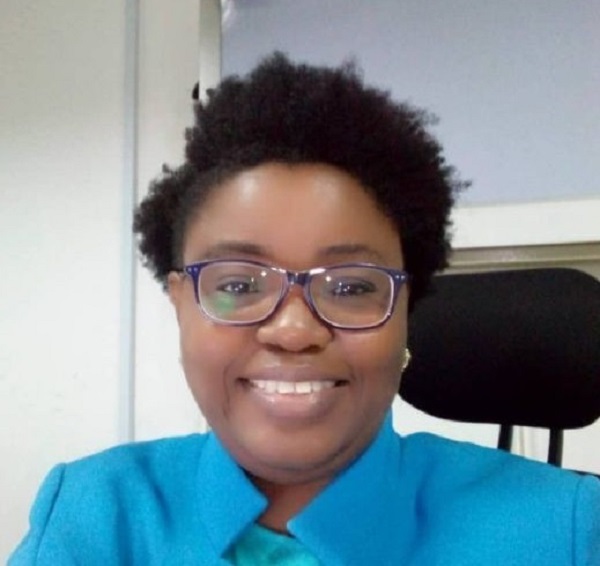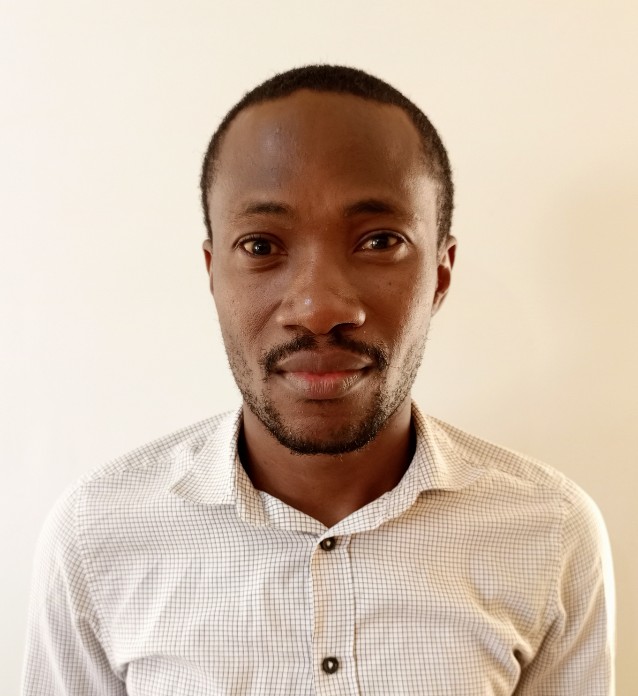Third Meeting of the DS-I Africa Consortium
3 November - 9 November 2023
Primary tabs

Dr Philip Payne - Participant
Research Training in Data Science for Health in Rwanda (Co-PI)
Dr. Payne is the Janet and Bernard Becker Professor and Director of the Institute for Informatics, Data Science and Biostatistics (I2DB) at Washington University in St. Louis. He also serves as the Associate Dean for Health Information and Data Science and Chief Data Scientist for the Washington University School of Medicine. He holds additional appointments as a Professor of General Medical Science in the School of Medicine and as a Professor of Computer Science and Engineering in the McKelvey School of Engineering. Dr. Payne received his PhD with distinction in Biomedical Informatics from Columbia University, where his research focused on the use of knowledge engineering and human-computer interaction design principles to improve the efficiency of multi-site clinical and translational research programs. Dr. Payne's leadership in the informatics community has been recognized through his appointment to numerous national steering, scientific, editorial, and advisory committees, including efforts associated with the American Medical Informatics Association (AMIA), AcademyHealth, the Association for Computing Machinery (ACM), the National Cancer Institute (NCI), the National Library of Medicine (NLM), and the National Center for Advancing Clinical and Translational Science (NCATS). In addition, he is an elected fellow of both the American College of Medical Informatics (FACMI) and AMIA (FAMIA). Dr. Payne is the author of over 200 publications focusing on the intersection of biomedical informatics and the clinical and translational science domains, including several seminal reports that have served to define a new sub-domain of biomedical informatics theory and practice specifically focusing upon clinical and translational research applications. Dr. Payne's research group currently focuses on efforts in the following areas: 1) machine learning and cognitive computing approaches to the discovery and analysis of bio-molecular and clinical phenotypes and the ensuing identification of precision diagnostic and therapeutic strategies; 2) interventional approaches to the use of electronic health records and clinical decision support systems; and 3) the design and evaluation of open-science platforms that enable collaborative and cumulative approaches to discovery science.











